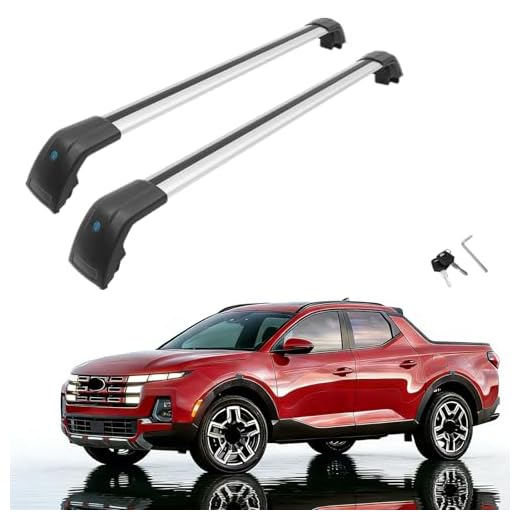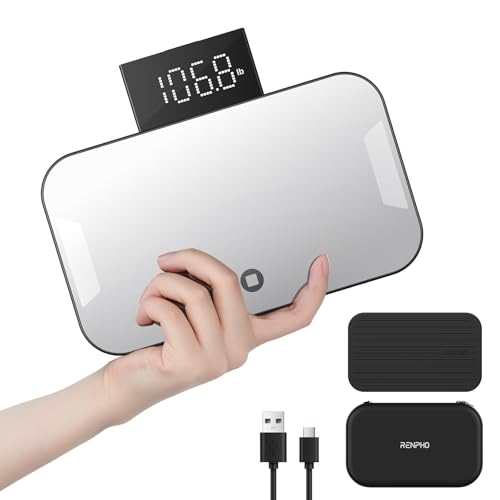



For travelers planning a trip, an important consideration is ensuring that your suitcase complies with airline policies. Most carriers typically allow a maximum of 50 pounds (approximately 23 kilograms) for each standard item you bring along. Adhering to these limits can help avoid additional fees and ensure a smoother check-in process.
Some airlines may permit larger or heavier items, especially for specific fare classes or loyalty program members. It’s advisable to check the specific guidelines of your chosen airline ahead of time. Key variations can include weight allowances and possible fees for exceeding these limits.
Weighing your bag at home using a reliable scale can save you time and money. Choosing lightweight materials and packing only essential items can help you stay within these limits while maximizing what you bring. Pay attention to the restrictions on liquids and other items, as they can also affect how much you can comfortably pack.
Understanding Airline Weight Limits for Checked Baggage
Airlines typically impose restrictions on the maximum mass permitted for hold bags, often ranging from 50 to 70 pounds (23 to 32 kg). Confirm specific carrier policies during booking to avoid surprises.
Key Guidelines
Verify baggage allowances directly from the airline’s website, as limits can differ based on route and fare class. Some airlines enforce stricter rules for international flights, which may include lower thresholds compared to domestic flights.
Additional surcharges apply for exceeding permitted limits, commonly set around $100 or more. Consider using a digital scale at home to assess the mass before heading to the airport.
Special Considerations
Families traveling with infants or young children should inquire about allowances for strollers, car seats, or other essential items, as these may not count towards personal mass limits. Pregnant travelers should check specific policies on medical equipment and necessities.
Frequent travelers might benefit from enrolling in loyalty programs, which can provide added flexibility with baggage regulations and fees. Keep an eye on promotions that might allow additional bags at no extra cost.
Comparing Weight Allowances Across Different Airlines
Airlines vary significantly in terms of baggage policies, impacting travelers’ planning and expenses. Below is a comparison table of standard allowances for major carriers across various classes.
| Airline | Economy Class Allowance | Business Class Allowance | First Class Allowance |
|---|---|---|---|
| Delta Airlines | 50 lbs (23 kg) | 70 lbs (32 kg) | 70 lbs (32 kg) |
| American Airlines | 50 lbs (23 kg) | 70 lbs (32 kg) | 70 lbs (32 kg) |
| United Airlines | 50 lbs (23 kg) | 70 lbs (32 kg) | 70 lbs (32 kg) |
| British Airways | 50 lbs (23 kg) | 70 lbs (32 kg) | 70 lbs (32 kg) |
| Lufthansa | 50 lbs (23 kg) | 70 lbs (32 kg) | 70 lbs (32 kg) |
| Emirates | 44 lbs (20 kg) | 66 lbs (30 kg) | 88 lbs (40 kg) |
Low-cost carriers often adopt stricter limits, charging additional fees for overweight items. For example, Ryanair and EasyJet typically allow 44 lbs (20 kg) in their standard fares while charging fees for additional kilograms. Travelers should verify specifics for their chosen airline to avoid unexpected costs.
Different regions may also influence policies. Airlines flying out of the U.S. generally prioritize larger limits compared to those based in Asia or Europe. Understanding individual policies before travel can ensure smoother experiences and help avoid overage charges.
Consequences of Exceeding Weight Limits on Bags
Exceeding airline restrictions for baggage can lead to significant charges. Most carriers impose fees for overweight items, which can range from $50 to $200 or more, depending on the airline and distance traveled. These additional costs can quickly add up, impacting overall travel expenses.
Impact on Travel Experience
Travelers with bags that exceed limits may experience delays at check-in due to the need to redistribute items or pay excess charges. This can result in missing flights or incurring further stress during travel. Additionally, overweight bags can affect luggage handling and transportation, potentially leading to longer wait times upon arrival.
Safety and Regulatory Compliance
Airlines enforce these limits primarily for safety reasons. Overly heavy bags increase the risk of accidents and injuries during loading and unloading processes. Non-compliance with specified weight can lead to complications in baggage handling protocols, causing disruptions that affect both passengers and airline operations.
Tips for Packing to Stay Within Weight Restrictions
Utilize a digital scale before your trip to weigh your suitcase accurately. Knowing the precise measurement helps avoid surprises at the check-in counter.
Choose lightweight packing cubes or compression bags to maximize space without adding bulk. These can also help organize clothing efficiently.
Wear heavy items like boots or jackets during travel. This reduces the burden in your bag and keeps essential items readily accessible.
Opt for multi-purpose clothing that can be mixed and matched. This strategy minimizes the number of garments required, combating excess heft effectively.
Leave non-essentials behind. Consider your itinerary and focus on necessities to prevent overpacking.
- Research local laundry services to avoid packing a week’s worth of clothes.
- Select travel-sized toiletries and consolidate them into a single container.
Invest in durable, lightweight gear. For example, choosing the best boxing backpack can make a significant difference in how much you can carry without exceeding limits.
Prioritize essential equipment. For business trips, consider items like the best corporate umbrellas to avoid carrying duplicates.
Identify and weigh each item before packing to avoid underestimating total heaviness. Documenting each piece allows easy adjustments if exceeding allowances.
What to Do if Your Luggage is Overweight
Repack immediately at the airport if your suitcase exceeds airline limits. Remove non-essential items and rearrange contents into carry-on bags. Consider wearing heavier clothing to reduce bulk in the bag.
If you cannot downsize, inquire about paying excess fees at the check-in counter. This option is often cheaper than paying for additional baggage. Verify the cost structure beforehand by checking the airline’s website.
Explore courier services for sending extra items directly to your destination. This method can be particularly beneficial for bulky items or when traveling for an extended period.
Analyze your packing strategy for future travels. Investing in lightweight suitcases and packing cubes can help optimize space and keep your belongings organized. Implement packing techniques such as rolling clothes or utilizing vacuum bags to minimize volume.
Plan ahead by weighing your bag before heading to the airport. Use a reliable luggage scale to avoid surprises. This ensures you have ample time to adjust your packing if necessary.
How to Weigh Your Luggage Accurately Before Travel
Invest in a reliable digital scale. Ensure it has a capacity suitable for your baggage and provides precise readings. Weigh each item individually before placing them into your travel bag for a more accurate total.
Use a hanging scale if your suitcase is larger. Attach it securely to the handle, lift until the reading stabilizes, and note the figure. This method works well for bulkier cases that don’t fit easily on a standard scale.
Consider weighing your suitcase multiple times to account for any discrepancies. This helps in getting a consistent measurement, ensuring you don’t exceed airline regulations.
Pack your travel essentials first and weigh the empty bag afterward. Subtract the latter from the total to get an accurate figure of what you’re adding. This technique simplifies the process of monitoring capacity.
For convenience, keep a portable scale in your travel gear. This allows for on-the-spot checks during your trip, minimizing the risk of unexpected fees at check-in. Check against reputable sources for possible hidden charges related to baggage limitations.
If you’re using a hard-shell case, ensure it’s empty before weighing. These types can be bulky and might create misleading results when not properly accounted for.
Do not forget to check your airline’s policy beforehand for any updates or changes in limits, and be ready to adjust your packing accordingly. It’s also wise to stay informed about changes in regulations affecting baggage norms, such as security requirements.
For additional insights related to home appliances while planning for your travels, you might find this link helpful: are smeg fridge freezers noisy.








